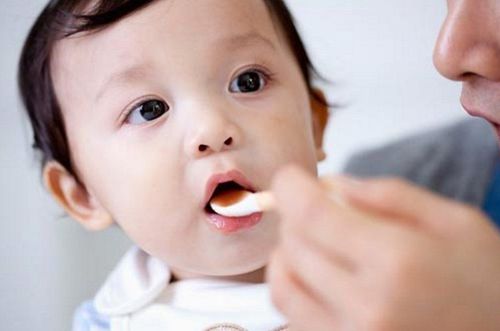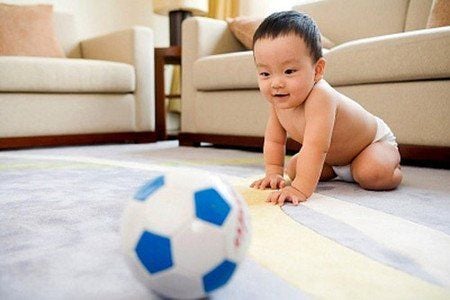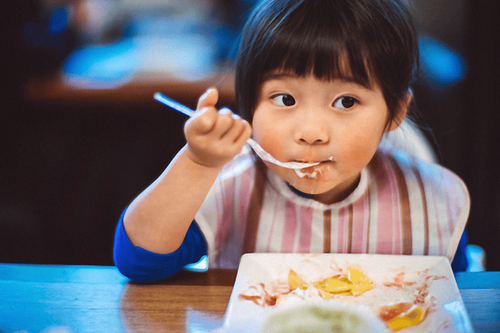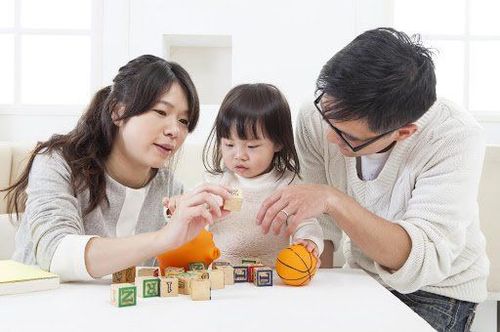This is an automatically translated article.
Posted by Master Tran Ngoc Ly - Psychologist - Unit of Regenerative Medicine Clinic and Educational Psychology
Each child is a special individual. In the process of psycho-physiological development, they are influenced by the family's educational style, the surrounding living environment, the learning environment... One of the factors affecting the child's personality development Not to be missed are the children's peers and interactions. At the age of 6, it can be seen most clearly in the group of children in which the child participates.
When participating and being in a group, children have the opportunity to express their interests, for example, prefer playing with toy cars, not superheroes, or will they choose this friend to play with. do not have to play with other friends according to the will of parents or the opinion of the crowd.
In addition, children have the opportunity to show personality through the way they approach other children, the way they get to know them, the way they make agreements when they want to play or end a game. something fun activity.
Above all, children will have the opportunity to observe, remember and reproduce what they have experienced or witnessed in life. For example, when children play the role of family members, they are observed from their family and "re-enacted" exactly what they have witnessed. Each child comes from different families, will "re-enact" different characters and personalities. From there, each child learns new things from the "re-enactment" of the playmate.
MORE: Teach children to interact with strangers
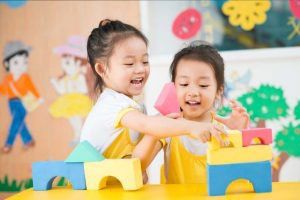
In addition, children will have the opportunity to learn how to solve problems, how to compromise and resolve conflicts. When children play together in groups, it will be necessary to go through the stages of group gathering – group maintenance – group disbandment. At the group formation stage, the children will have to "courage" each other, offering activities to choose from. Once they've chosen a fun activity, they'll need to work out ways to keep it going. This happens even in children aged 1-2 years, when they do not know how to speak and communicate with each other in language, but they can sit and look at each other, play with the same toy, notice how different friends are. what to do with toys For children from 3 to 4 years old, their cognitive and language abilities are more flexible, the ability to initiate conversations and create relationships with others is also better, they can create play activities in many different ways. to maintain their playtime. And of course, when playing, there will be conflicts about ownership of toys, about the expression of power of some individuals such as: fighting over toys, fighting for turns, arguing over a word misuse, brag and disparage each other... And they will have to find a way to end the conflict in the best way for themselves (maybe telling an adult, making peace and compromising with each other, or dividing. into smaller groups and continue doing activities that you enjoy...). Or through play activities, children will learn from each other the rules in the game itself, in a similar setting, or the rules in the class/family of the person you play with.
An indisputable benefit is that when participating in a playgroup, children also have the opportunity to learn the behavior of other children. Children can learn some behaviors such as: children pretend to eat spicy food, when it's too hot, stick out their tongue and jump; Repeating phrases such as “slurred soy sauce” happily expressing pleasure, questions when talking to others, statements about an event or thing, etc. But it is also possible that they will learn some behaviors that need to be adjusted such as: shouting at the baby when they are snatched, swearing, swearing, hitting others to get things.... No matter what they learn. , but it can be seen that, when there are friends to play with and join a group of many people, the opportunities for children to observe - remember - imitate are many. This is a way for children to learn rules and behaviors and help them understand a thing from many different perspectives.
Thus, we can see that participating in a group of children will help children develop many social skills, learn more knowledge that are not accessible in class or in kindergarten.
Please dial HOTLINE for more information or register for an appointment HERE. Download MyVinmec app to make appointments faster and to manage your bookings easily.





